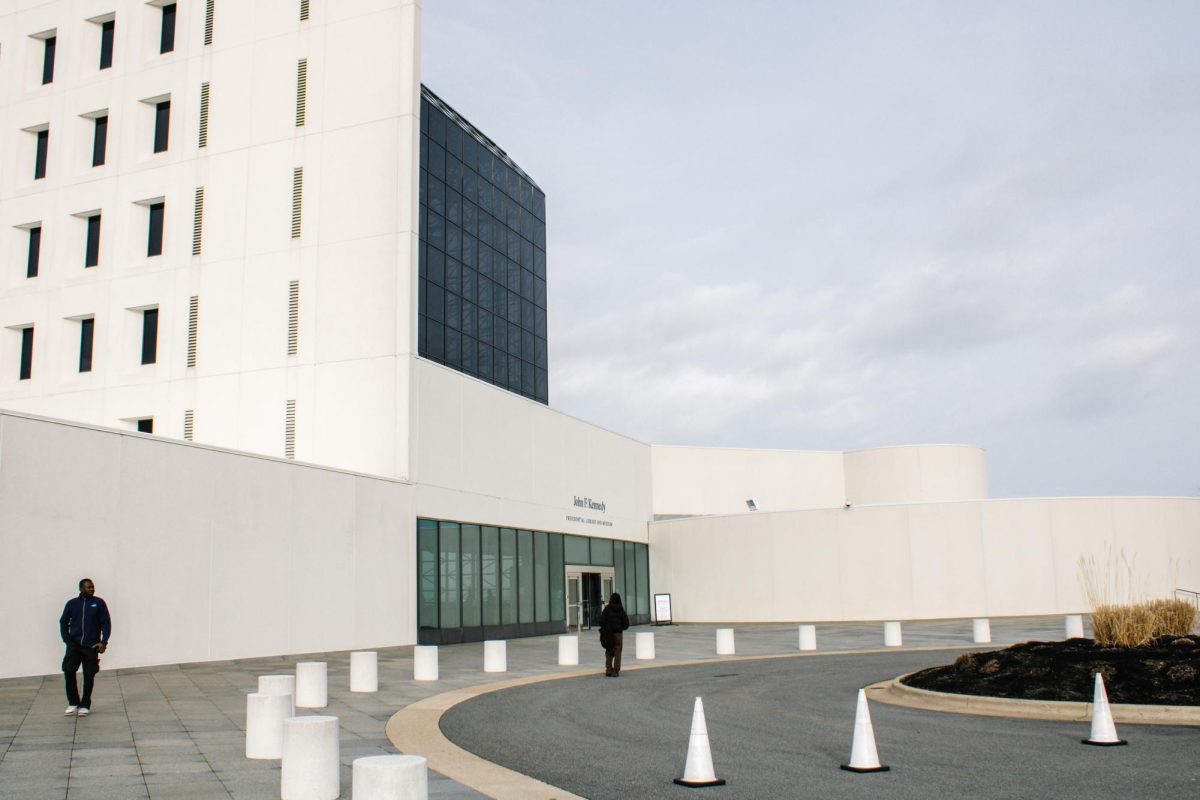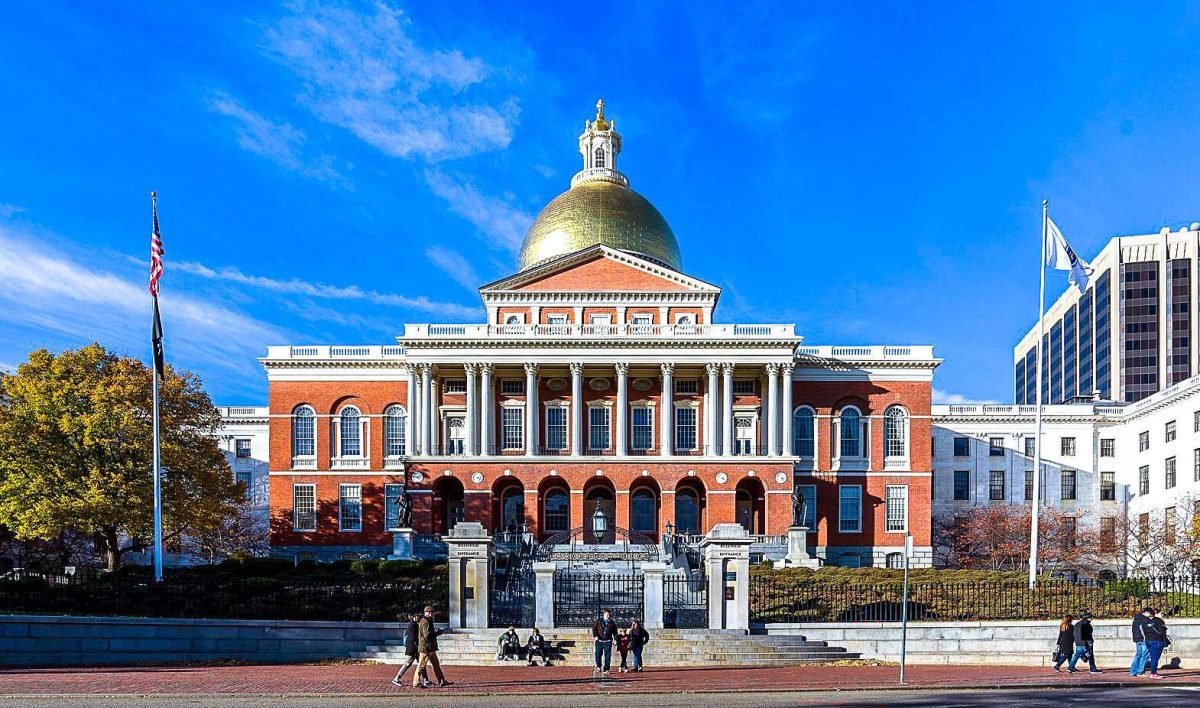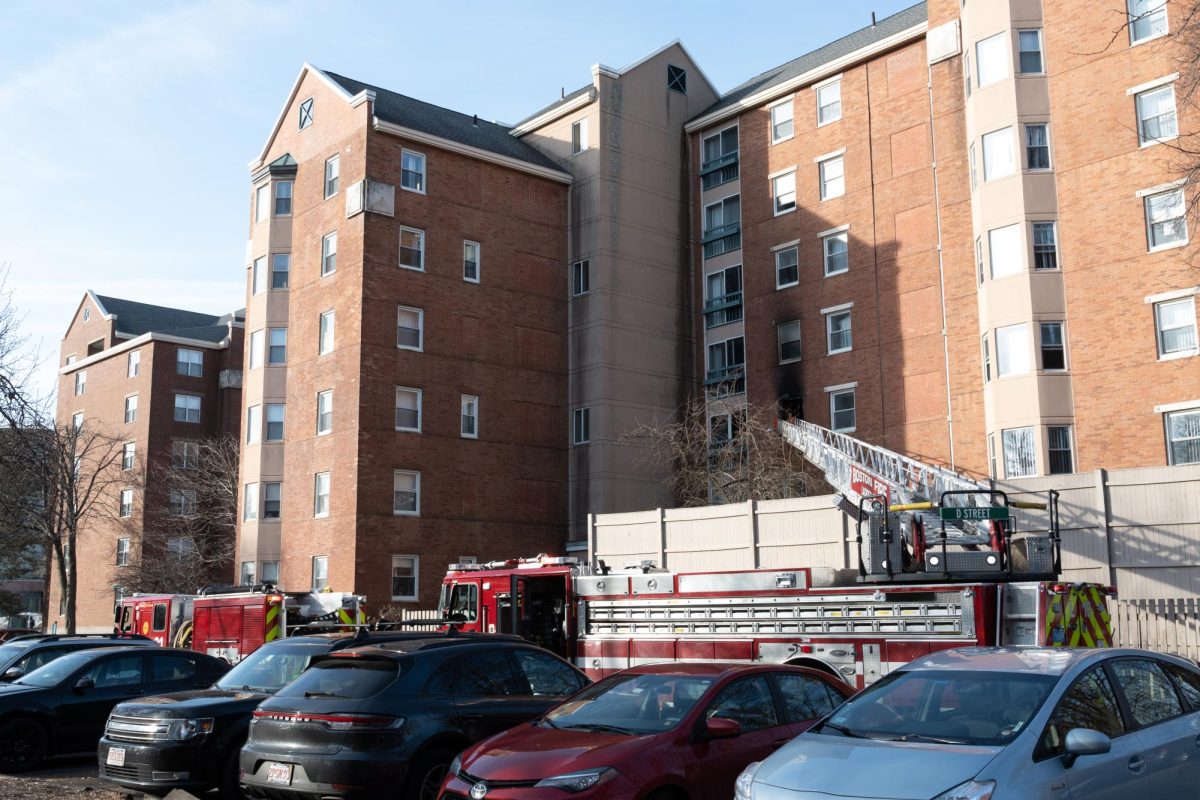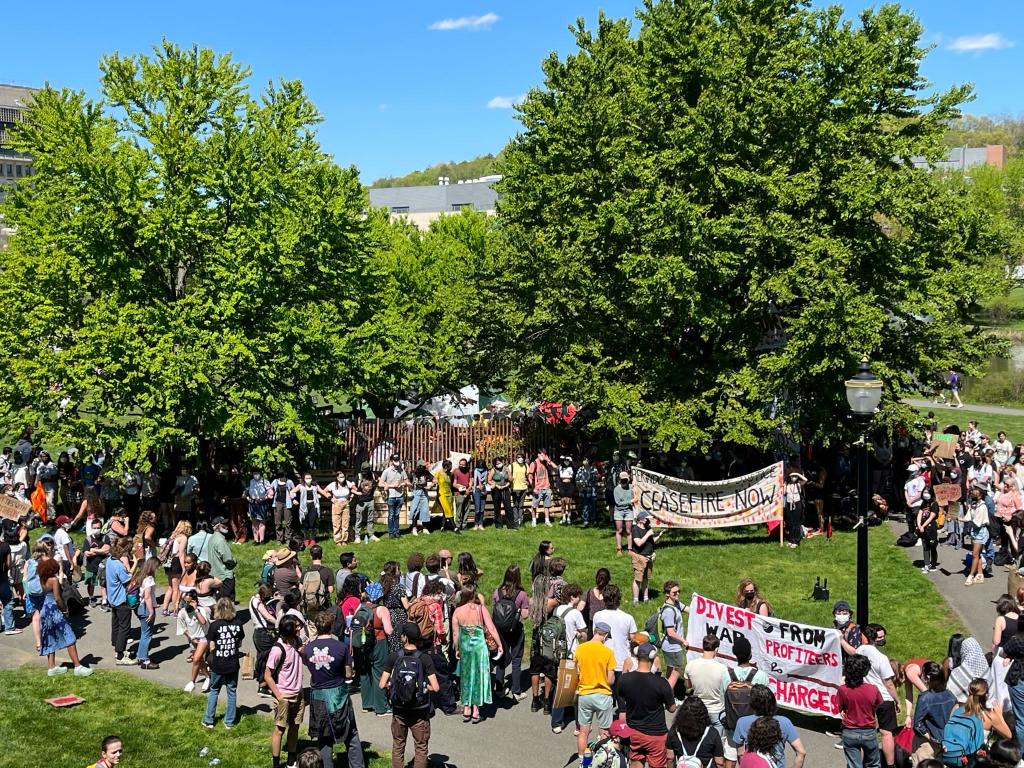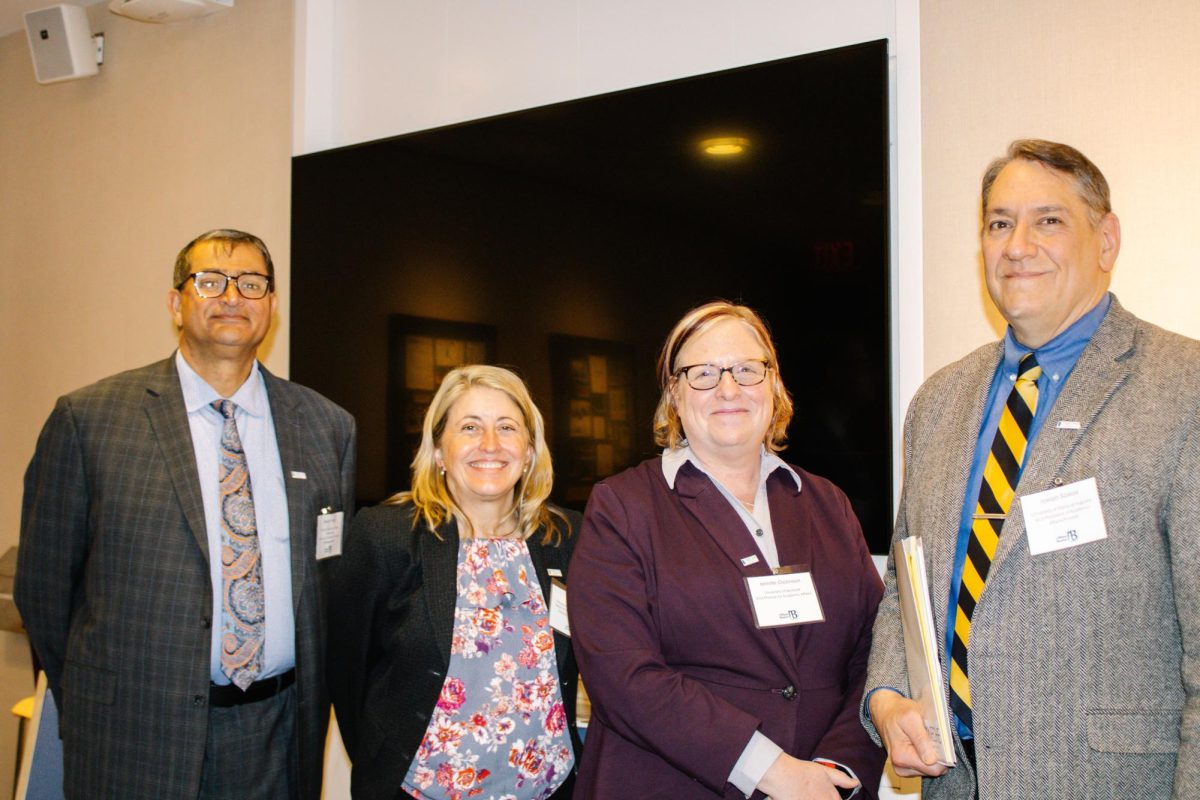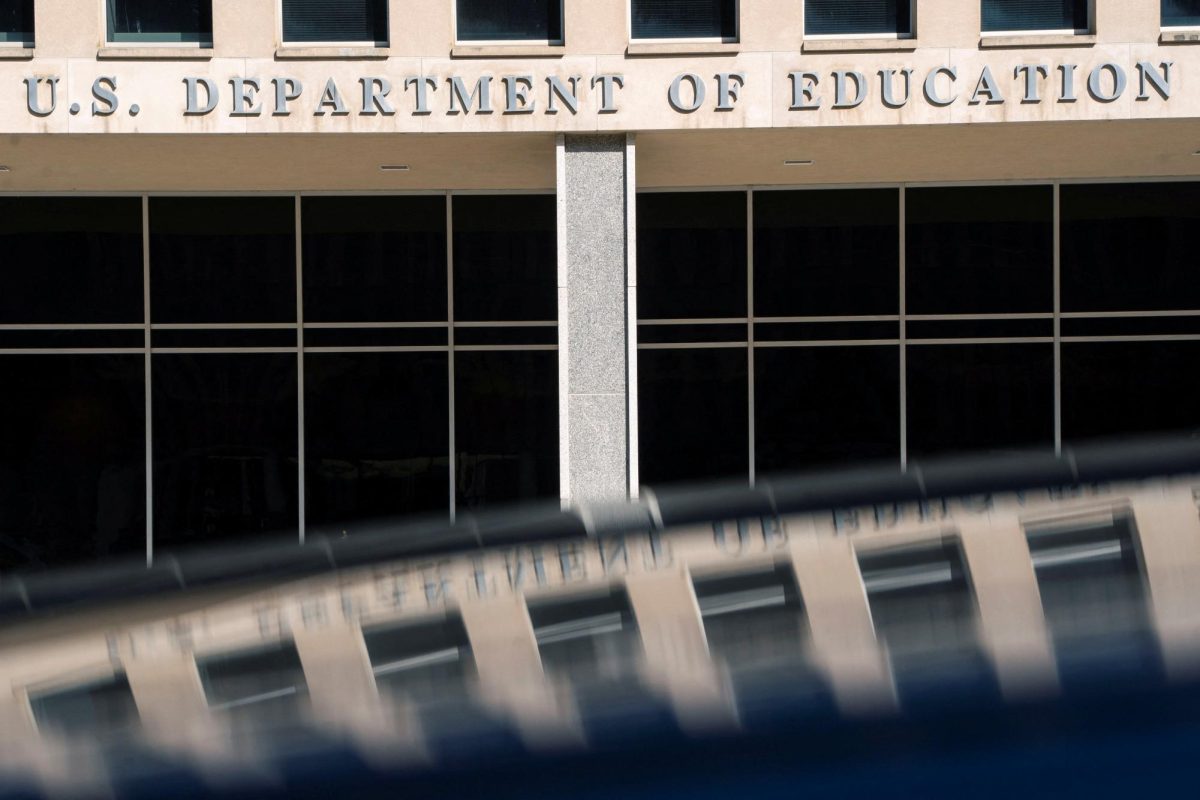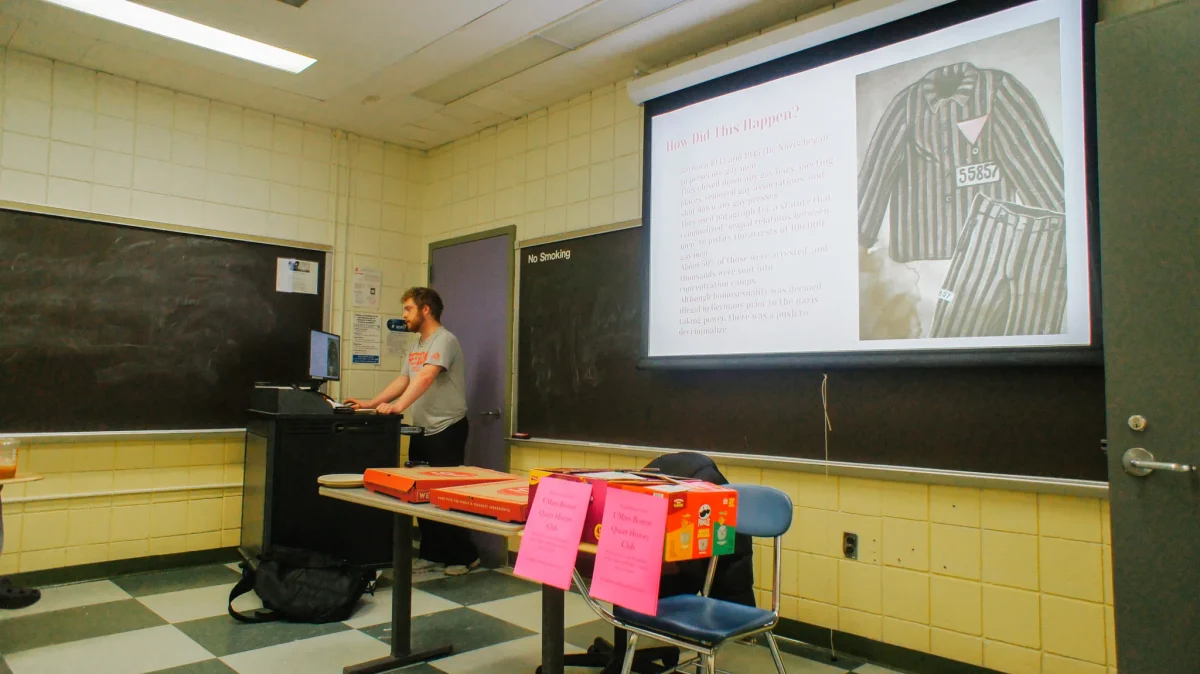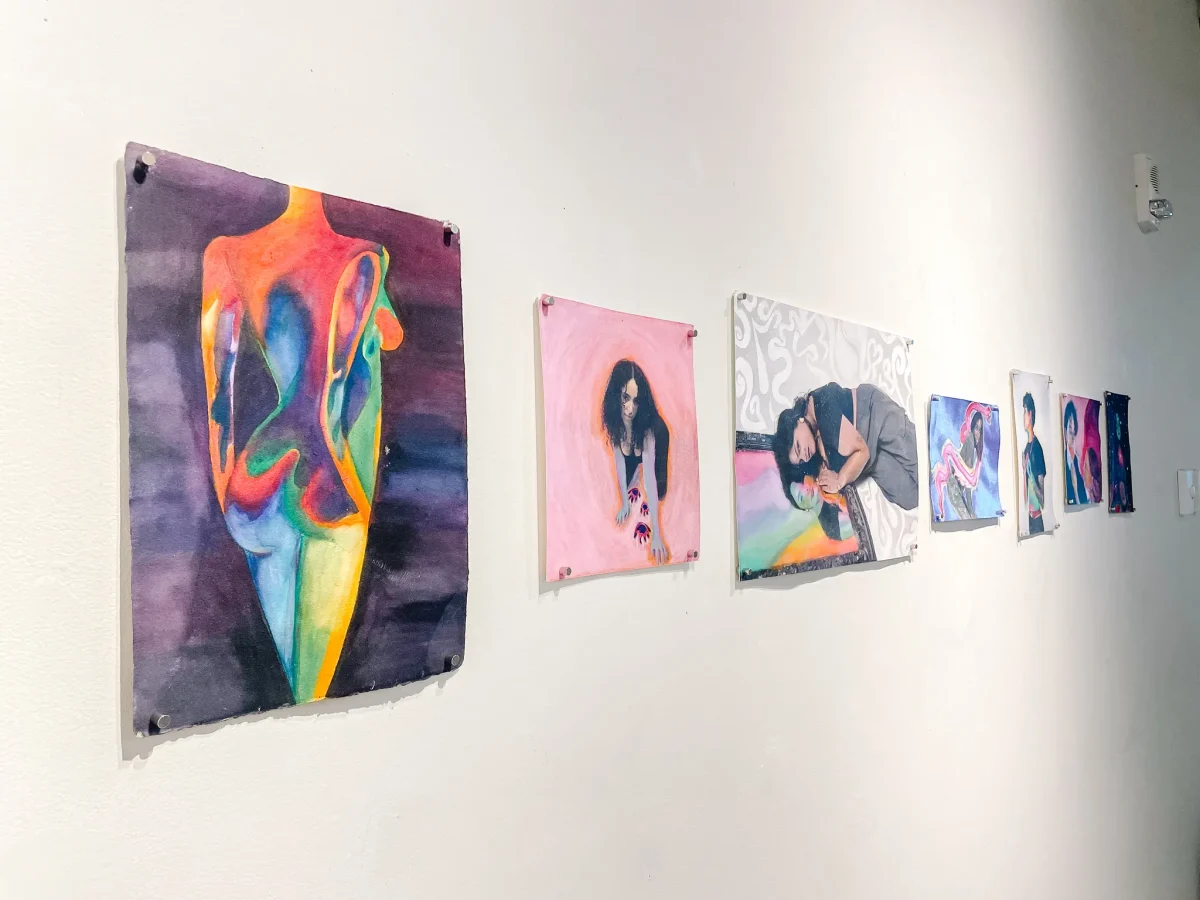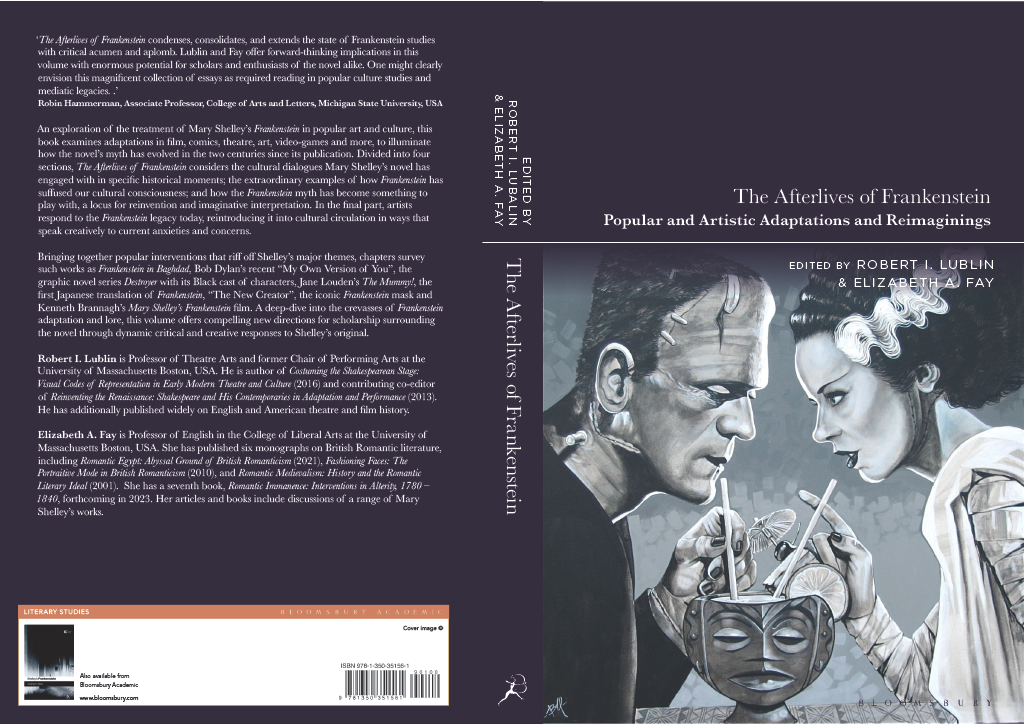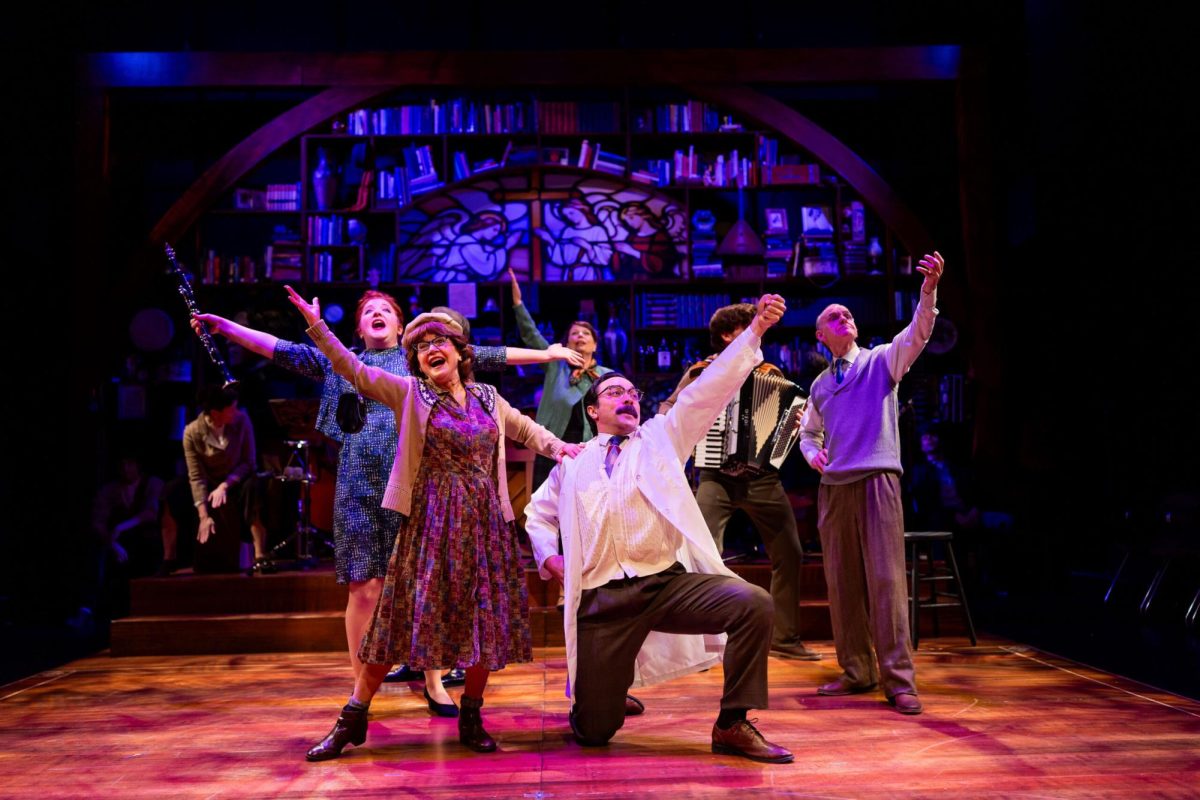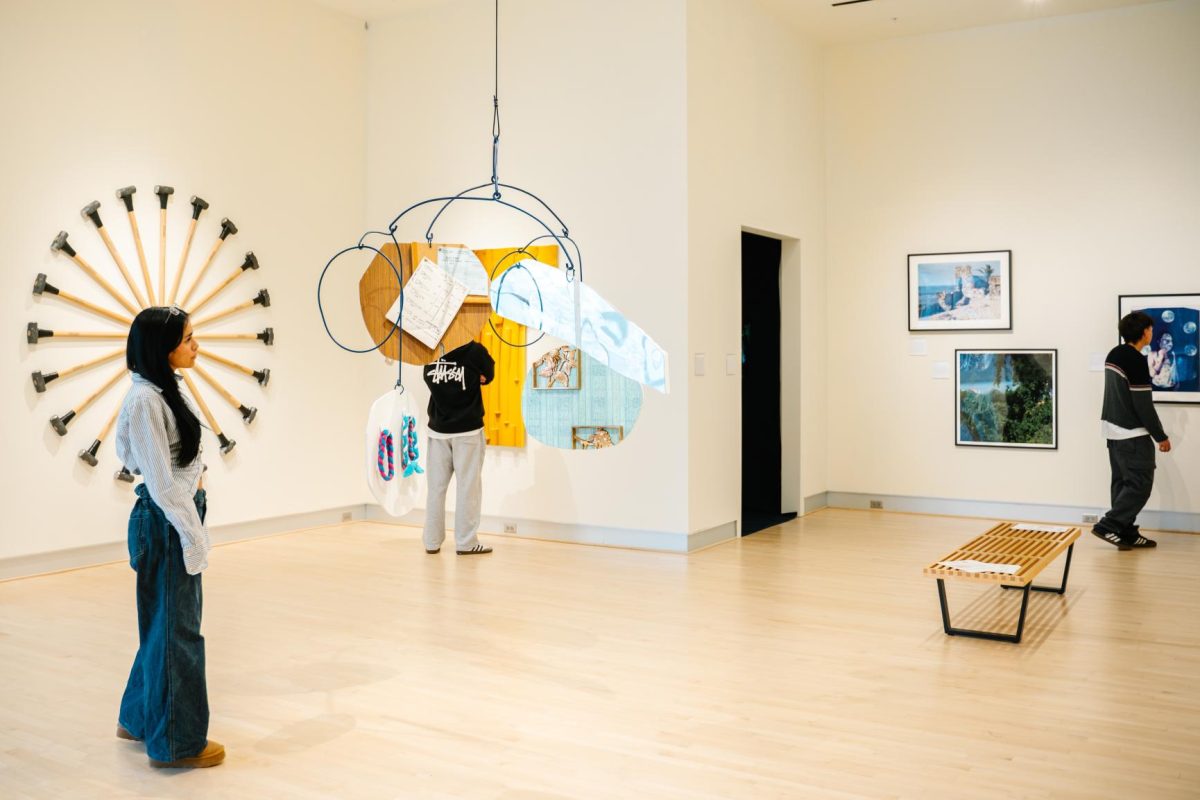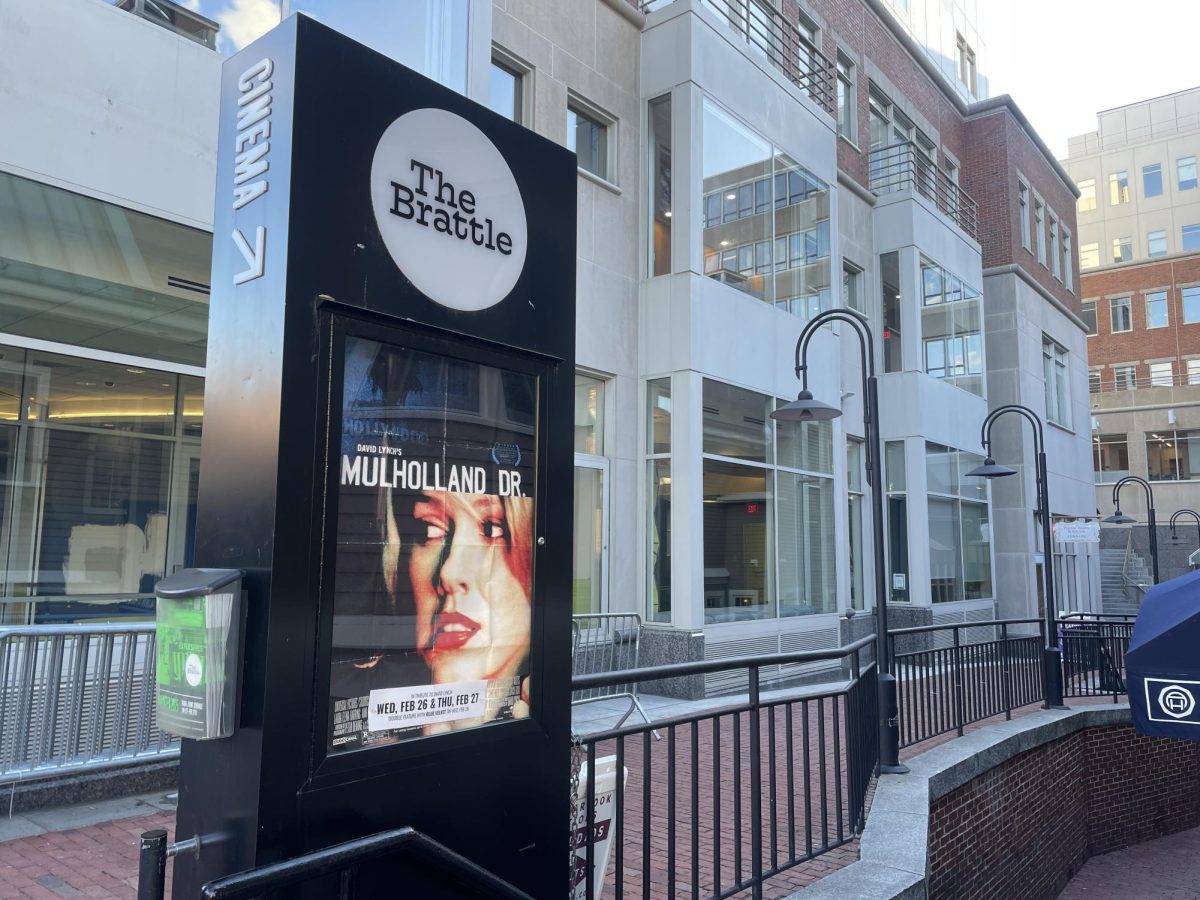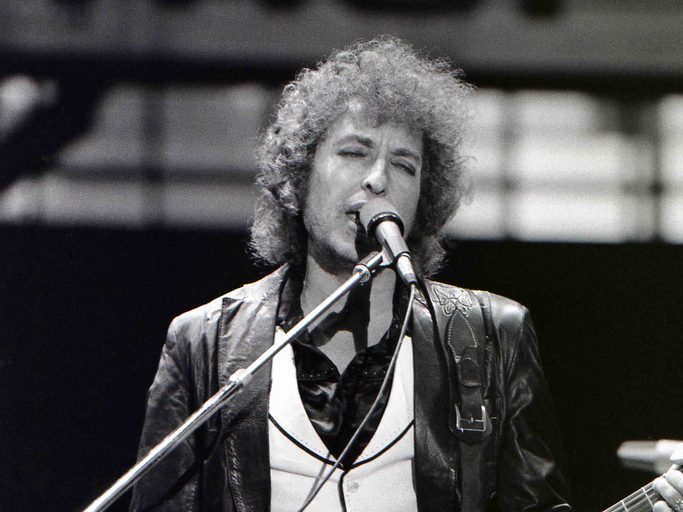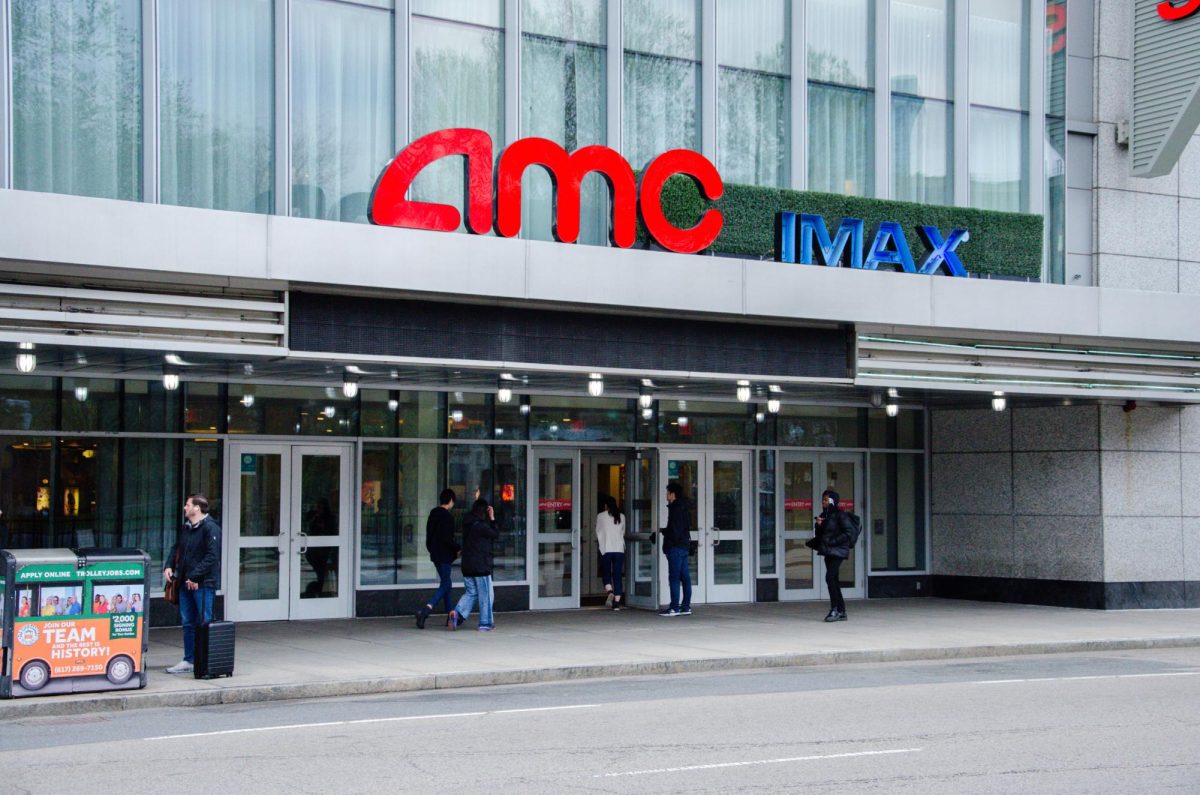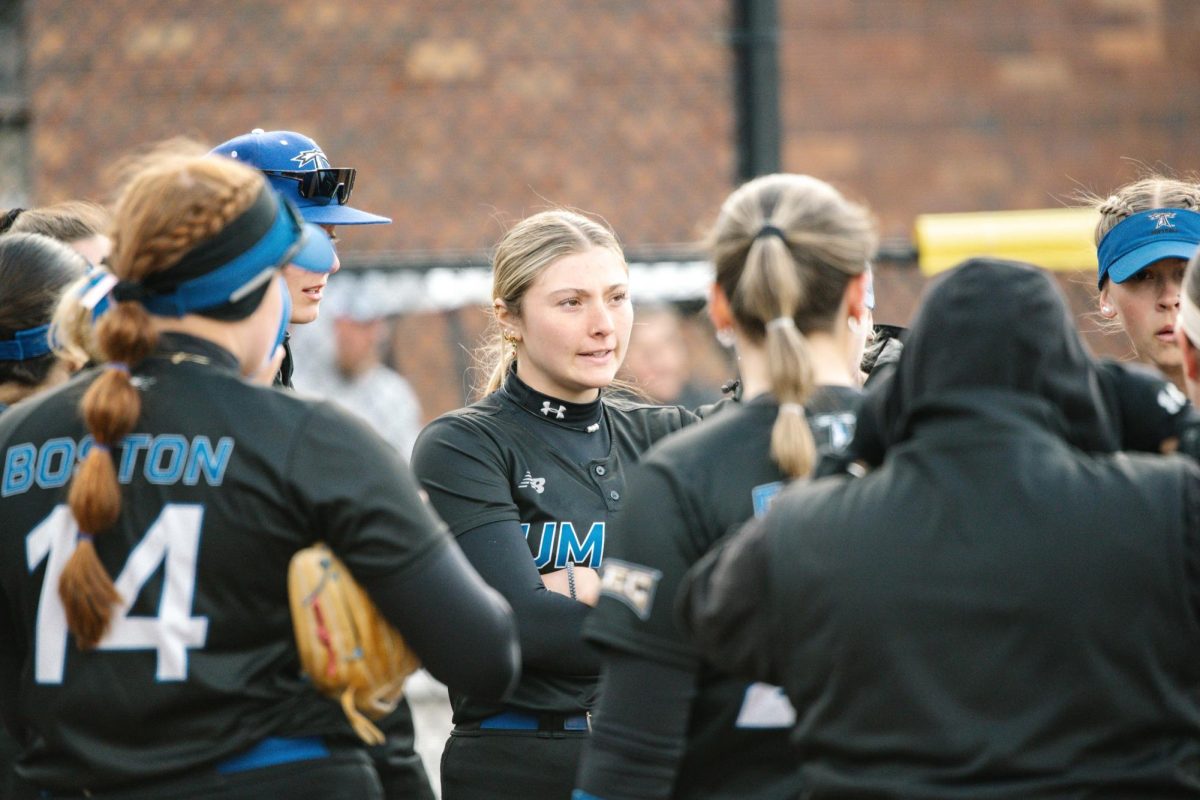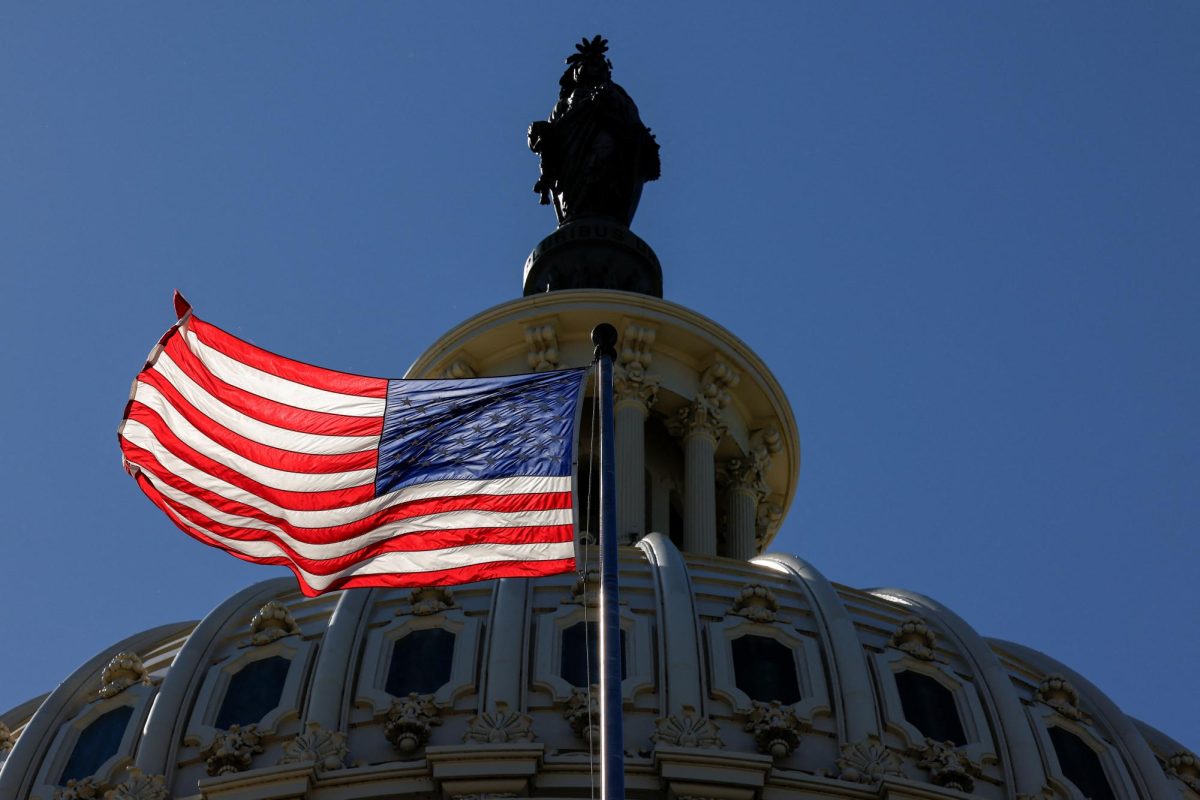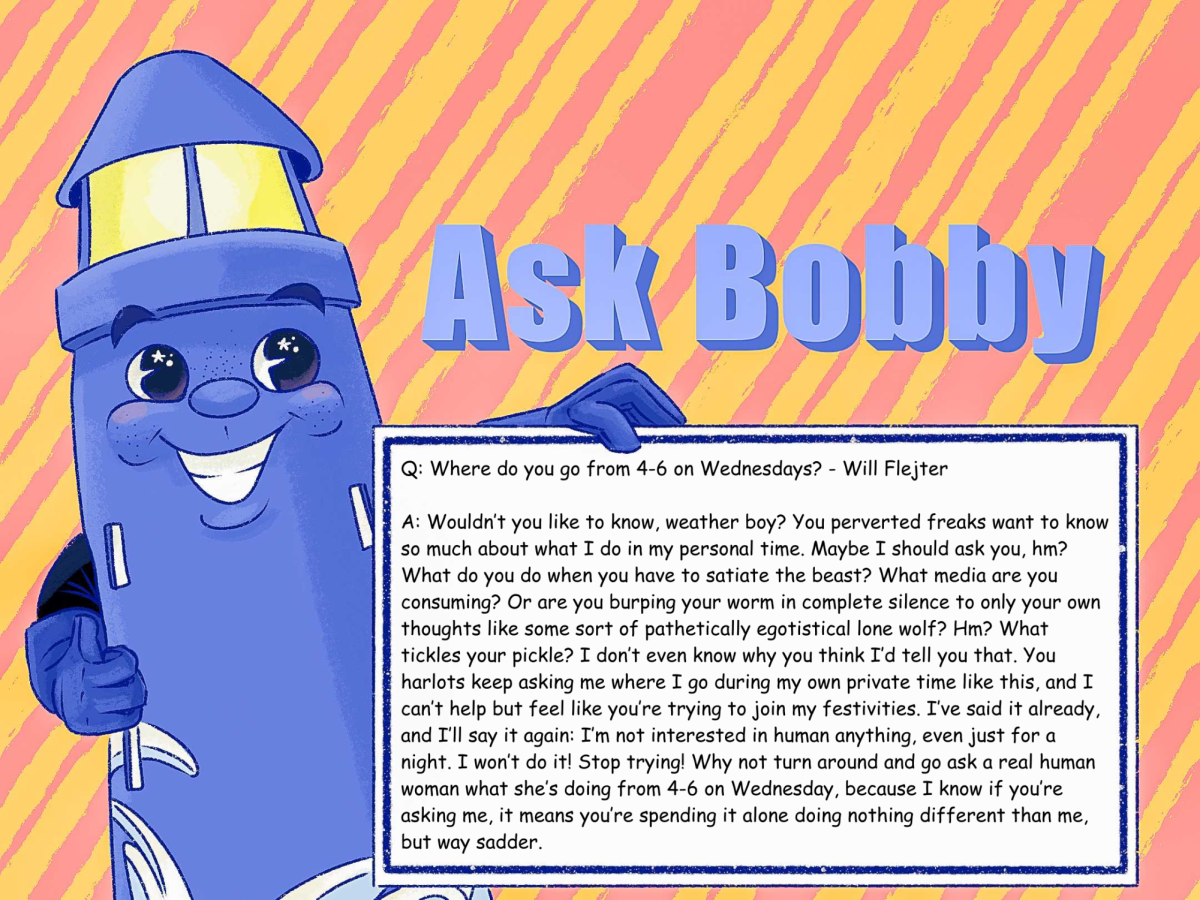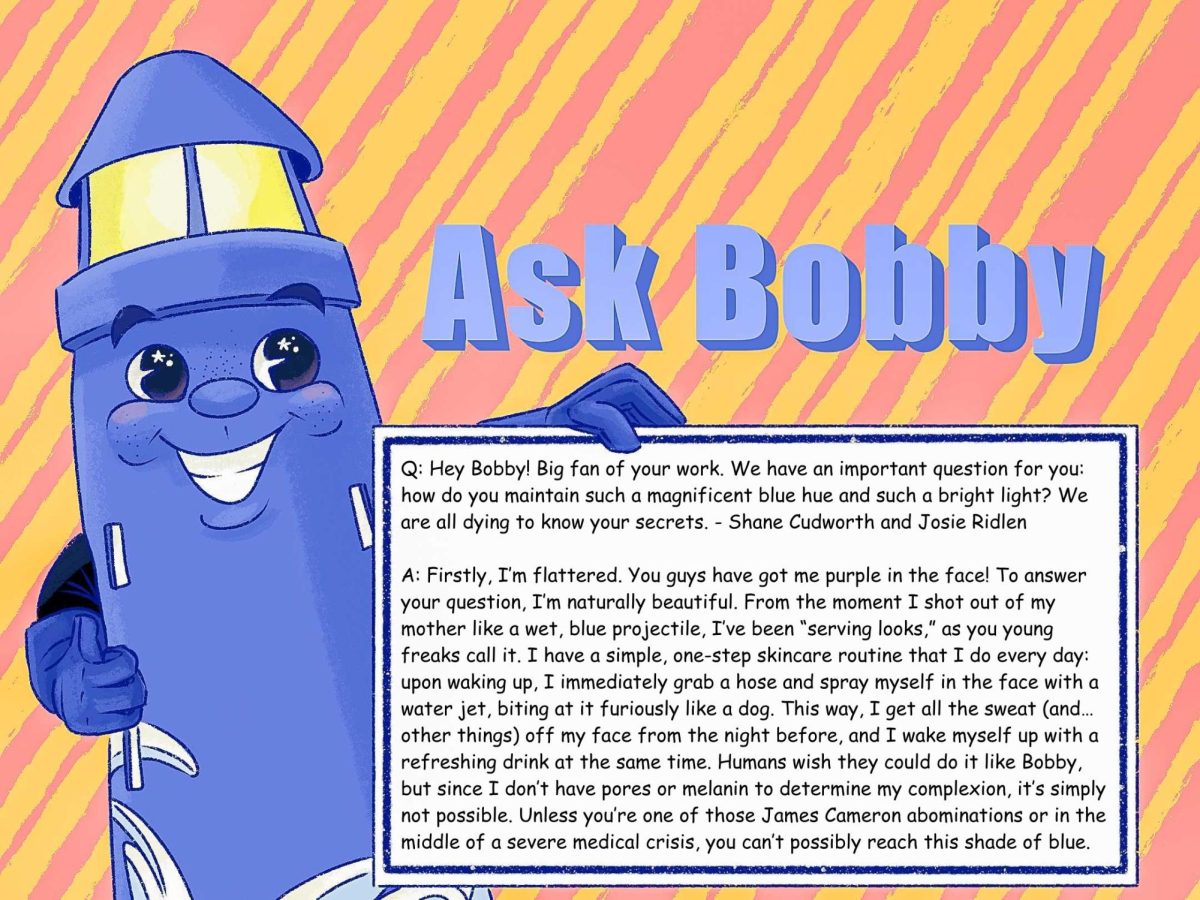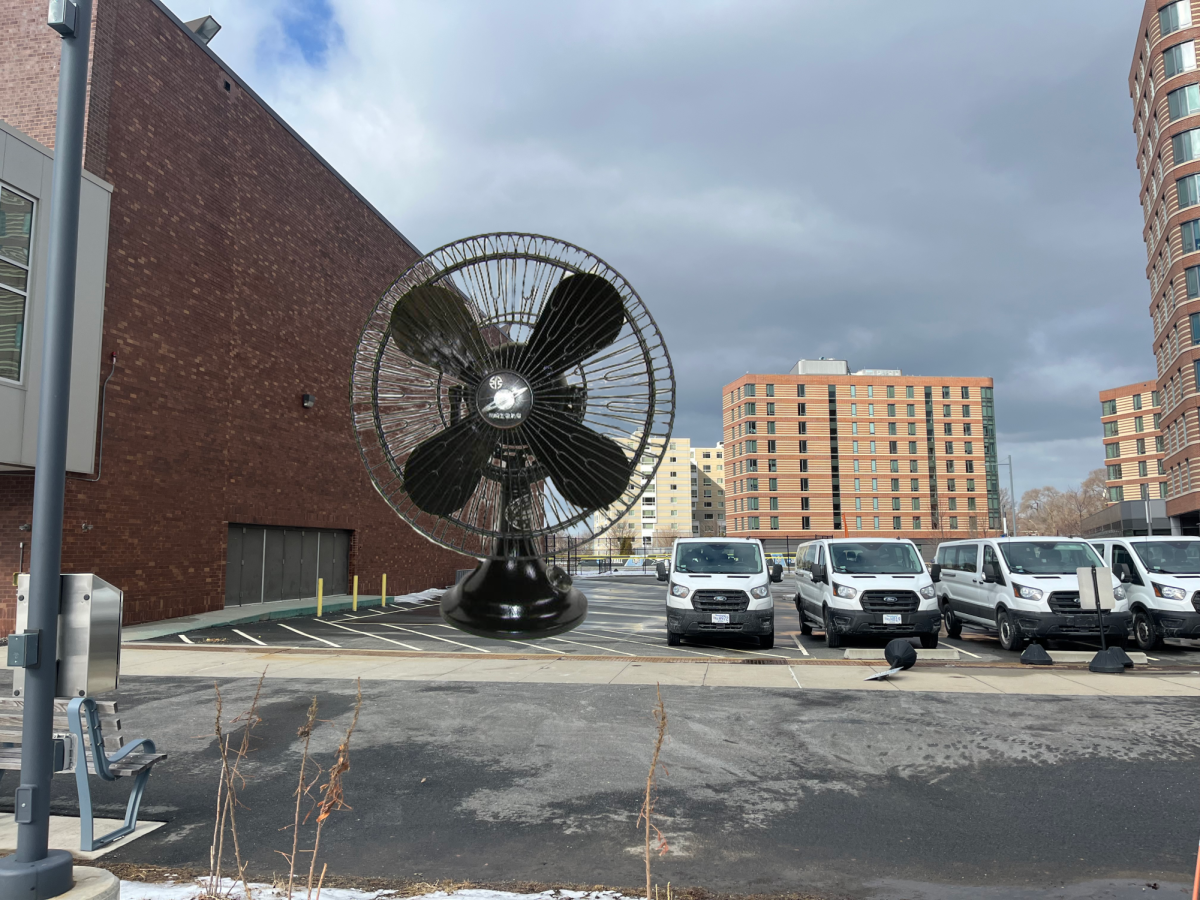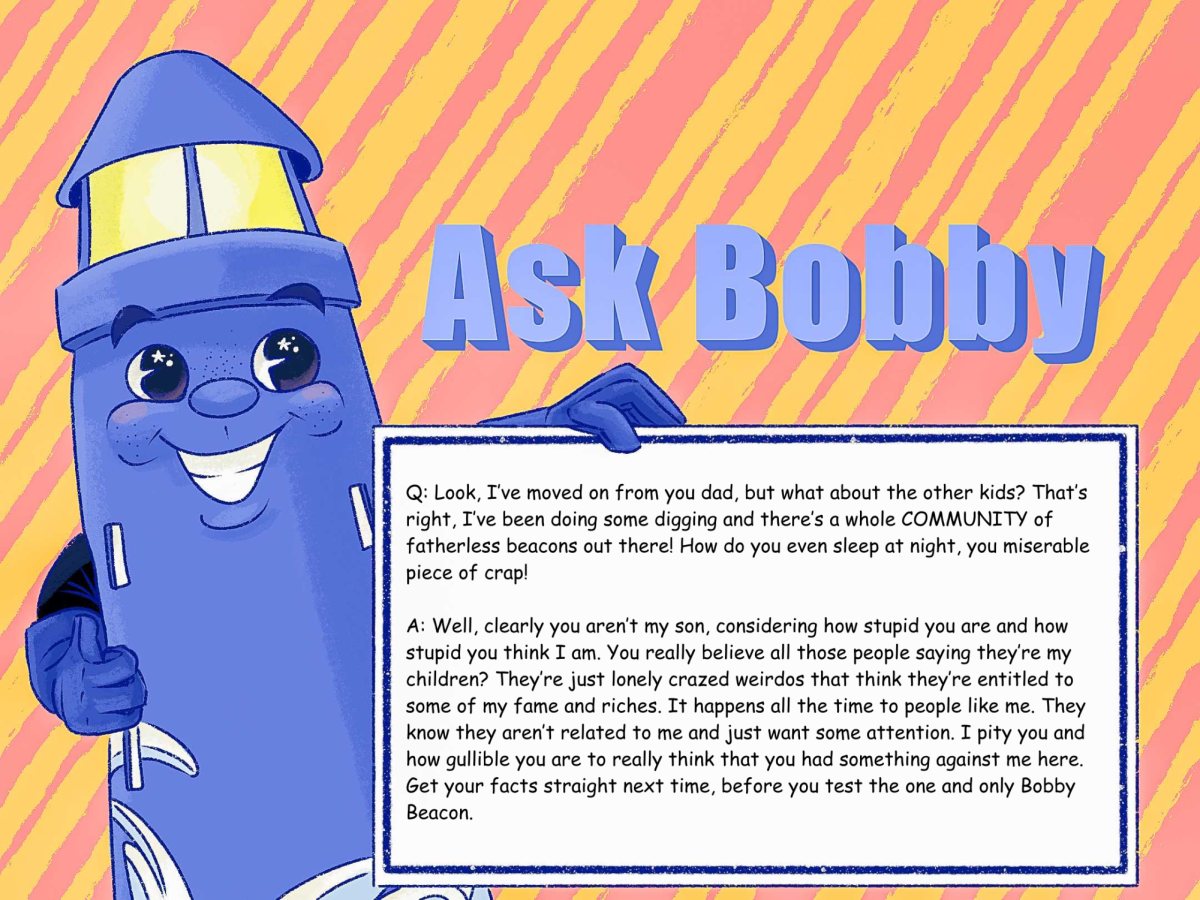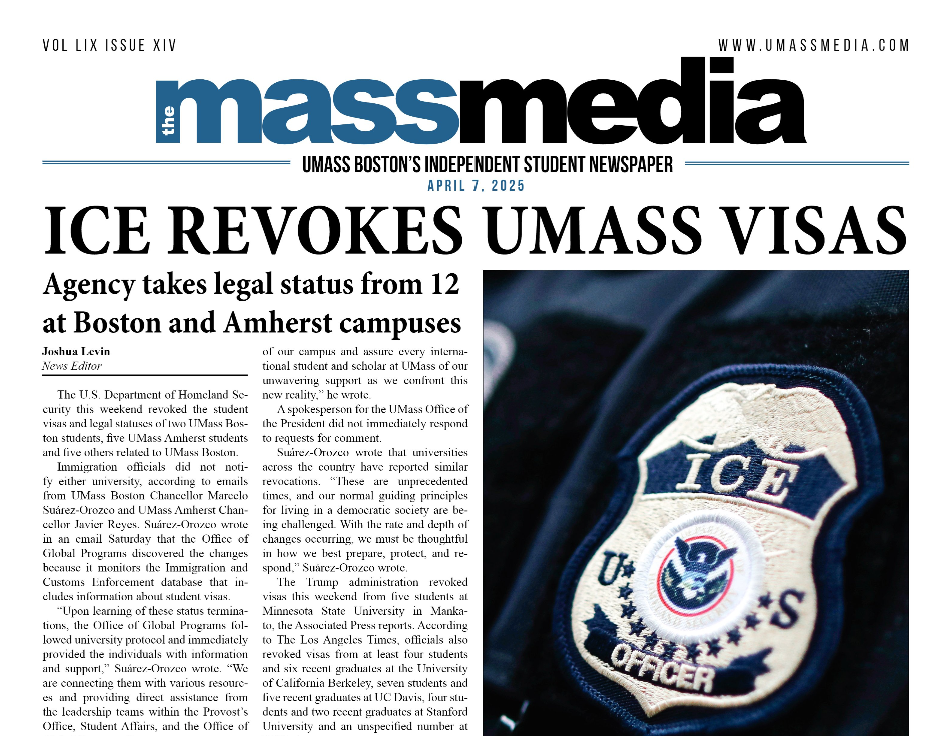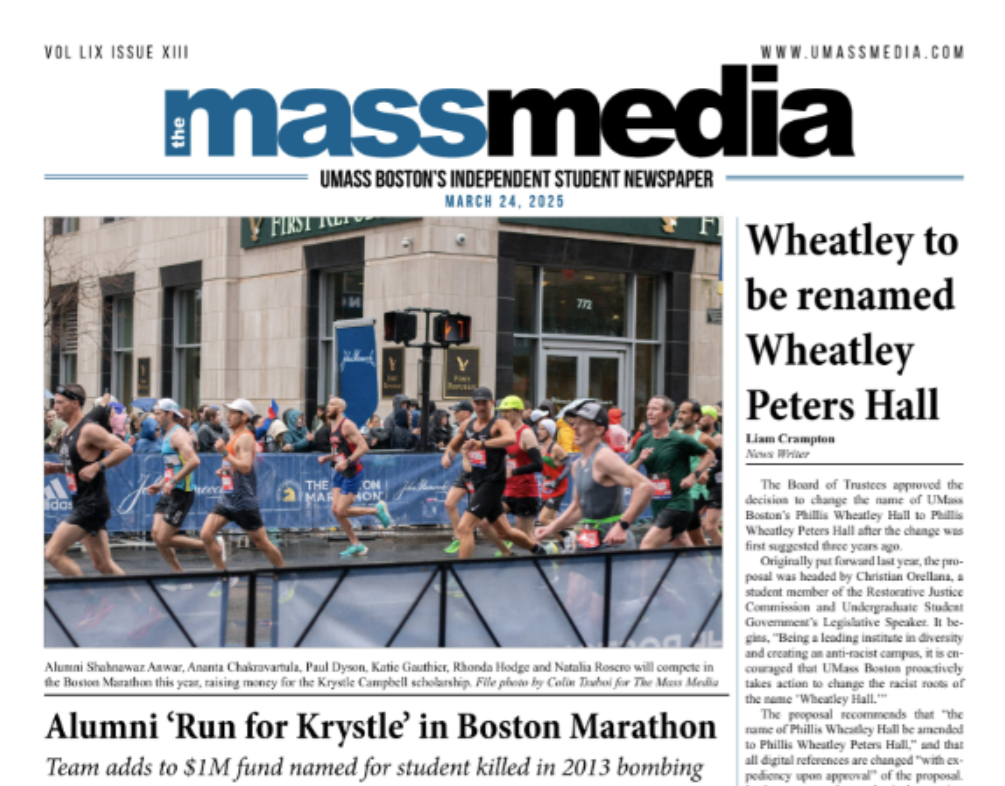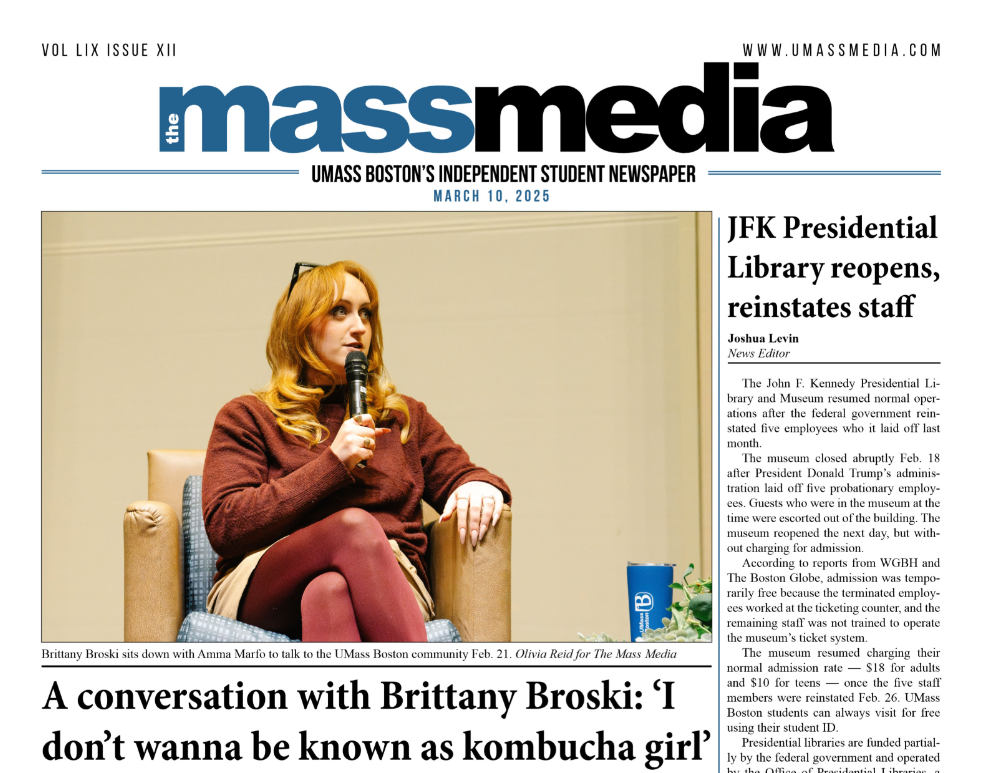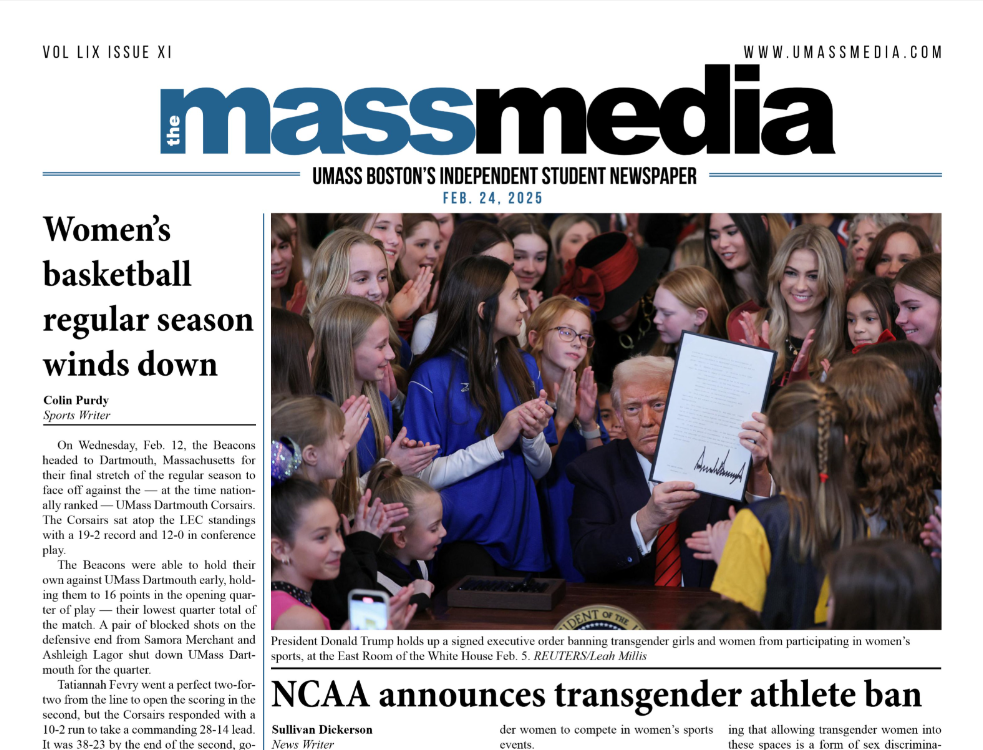MCAD To Investigate Claims of Homophobia
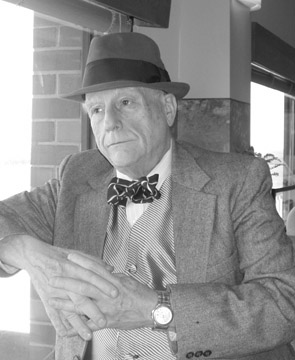
Professor William H. Percy claims homophobia and discrimination endemic to UMB
December 3, 2003
The Massachusetts Commission against Discrimination has launched an investigation on a grievance filed by William H. Percy, senior professor of History at UMass Boston. Percy, an outspoken advocate for gay rights, and one of UMass Boston’s most enduring denizens, claims that “an endemic climate of homophobia” led to his being denied appropriate raises despite his professional standing and seniority.
The allegations could lead to litigation. Percy wants half a million dollars in compensation for lost wages and a $15,000 raise. He filed the grievance after receiving written support from the History Department Personnel Committee.
Percy filed his grievance with the Faculty Staff Union on January 7, 2001, and filed a formal charge of discrimination with MCAD on May 20, 2002. The complaint names William Bulger, both Chancellor Gora and ex-chancellor Sherrey Penney, President of Northeastern University Richard Freeland, the former dean of the College of Arts and Sciences, among others. The complaint alleges “discrimination based on: Sexual Orientation, Retaliation, Age,” and says that Chancellor Gora “stated, ‘one gay man was enough'” to sit on a new civil rights committee.
Chancellor Gora, asked for comment about the case, volunteered that she didn’t know the particulars, and “I would hope that UMass Boston is moving towards more inclusion and appreciation” of gay issues on campus. She said that she was not involved with the case but nonetheless, “took the accusations very seriously.”
After almost two years of mediation hearings at MCAD, including what Percy characterized as “delaying tactics” by the university administration, a closed door hearing on November 18 apparently brought the matter to a head, and the MCAD has reportedly assigned an investigator to the case. The Mass Media has learned that meeting included Associate Provost Winston Langley and Human Resources Director Mark Preble.
Langley, who has been investigating the grievance on behalf of the university, disagrees, “There is just no evidence to support this claim.” However, a report by a special committee in 2001 points to a larger problem with issues surrounding homosexuality at UMass Boston.
The report issued by the provosts office in 2001, provides some support for Percy’s claims. The Provost’s Committee on Homophobia met in 2001 and issued a report that said that many homosexuals felt belittled and ignored. The report urged action, including addressing specific issues with “more sensitivity” and a continued focus on educating about issues surrounding homosexuality.
Langely says that the provost report, while it does point out a “lack” in UMass Boston’s treatment of homosexuality, doesn’t prove that Percy was discriminated against. He points to an examination of merit based on the Post Multi-Year Review, which says that Percy’s merit as a professor put him squarely in the middle of the pack.
Percy says the merit adjustments were based in a numerical formula that disregarded written portions of student evaluations, and ignored his published work and service to the UMass Boston community. Student evaluations, which every student fills out at the end of each term, help determine the merit of a professor and play a crucial role in the kind of raise a professor gets.
Percy’s claims of discrimination date back to his early years at the University. He came out as a homosexual in 1974, after receiving full tenure at UMass Boston, and says that raises based on his merit as a teacher have been unfairly withheld. A comparison of salary increases from 1975-2000, shows that Percy received a 2.02% salary increase overall, while the average increase was 2.95%.
In 1975, Percy made $24,000 a year as a fully tenured professor and he now makes $74,000 a year. Professor Feroz Amhad, who received the highest percentage of raises (3.18%), stared out at $19,000 and made $81,000 before his retirement last year. That difference, according to Percy, who is among the highest paid professors, was because he was openly gay. In a 13-page open letter to new Provost Paul Fonteyn, Percy claims that the administration has ignored, “the overwhelming circumstantial evidence, documented beyond doubt by four costly university committees” that homophobia exists at UMass Boston.
The last such committee, the Provost’s Committee on Homophobia, indeed reported that homophobia was a fact of university life, although it characterized the climate as one of “indifference” rather than outright hostility, and pointed to the experiences of several openly gay professors, including retired professor Charles Shively, a noted poet and gay activist. Shively confirmed that he was discriminated against, and finally took early retirement in 1999 because he was fed up with the lack of consideration he was getting. He recounted a telling incident in the early eighties when the words “DIE FAGGOT DIE” were scrawled on his office door, and says that even throughout the more enlightened nineties, the university never offered more than two courses on homosexuality.
Langley says that improvements may be in the process of being made, saying, “The was some idea of making the Women’s Studies Department [include homosexuality].” He refused to comment on the investigation, saying “we will have to wait and see.”






